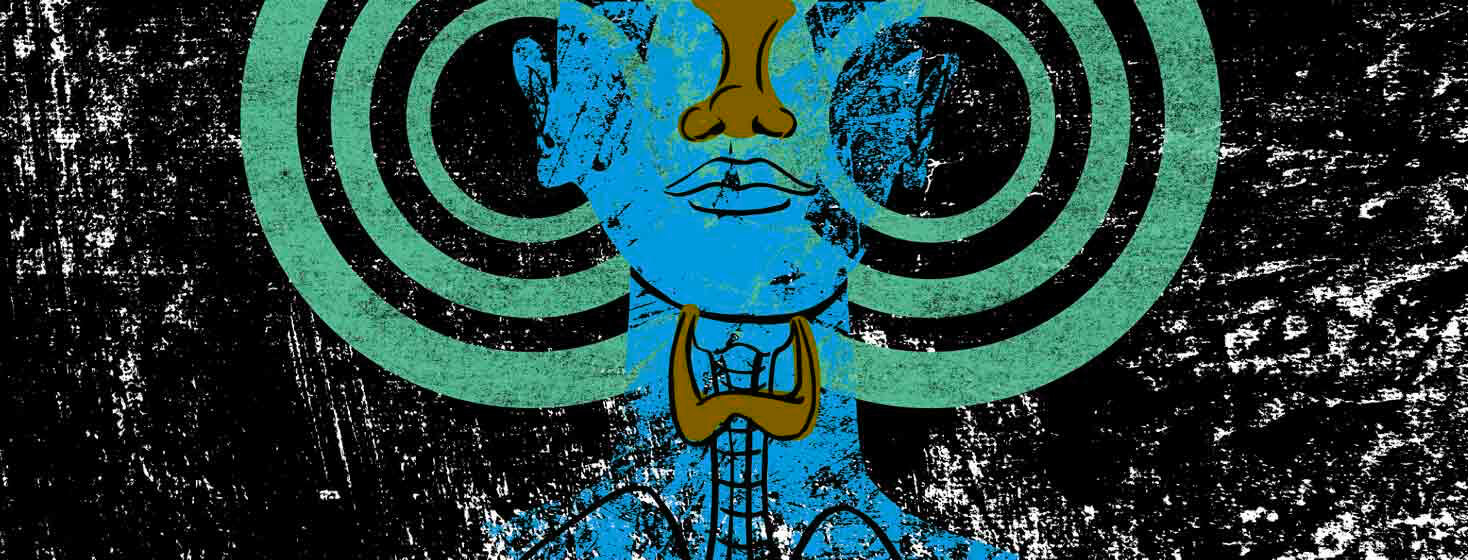What Is an ENT, and How Can They Help My TED?
ENT stands for "ear, nose, and throat" doctor. These doctors are also known more formally as otolaryngologists. They cover anything that has to do with the head and neck, including the eyes. They treat people by prescribing medicines and performing surgeries. They go through many years of special training to become experts in all things ear, nose, and throat as well as other parts of the head and neck.1
What does an ENT treat?
ENTs treat many conditions of the head and neck, including:1
- Cancer
- Injuries such as deep cuts or burns
- Infectious diseases
- Ear disorders like hearing loss, ringing in the ears (tinnitus), ear infections, and balance issues related to the ear
- Nose disorders like allergies and sinus issues, masses in the nose, and deviated septums
- Throat disorders like tonsil and adenoid infections, throat cancers, and swallowing problems
How can an ENT help with thyroid eye disease?
ENT doctors also treat several eye problems, which is most important for people with thyroid eye disease (TED). TED is when a person's eyes are affected by their thyroid disorder. This may cause:2
- Bulging eyes (also called exophthalmos or proptosis)
- Vision changes
- Blurry vision
- Dry eyes
- Watery eyes
- Eye pain
- Gritty feeling in the eyes
- Double vision
- Increased pressure in the eyes
If your doctor recommends surgery for your TED, an ENT can help. They work alongside doctors who treat thyroid disorders (endocrinologists). They also work with eye doctors (ophthalmologists). All the doctors on your team will work together to come up with the right plan for you.2,3
An ENT may be able to do a surgery called orbital decompression to treat and repair the damage caused by TED. The goal of orbital decompression surgery is to open up the bony socket of your eye to reduce pressure inside the eye socket. Eye doctors are also very important during this process.2,3
How to choose an ENT specialist
Ask your primary care doctor or endocrinologist to help you find an ENT who is right for you. Your ENT will be an expert surgeon trained in surgeries that affect the eyes. They will also work with your other doctors to make sure everyone is on the same page about your treatment. If you have questions about your condition or possible surgery, your ENT will be able to answer them.2,3

Join the conversation